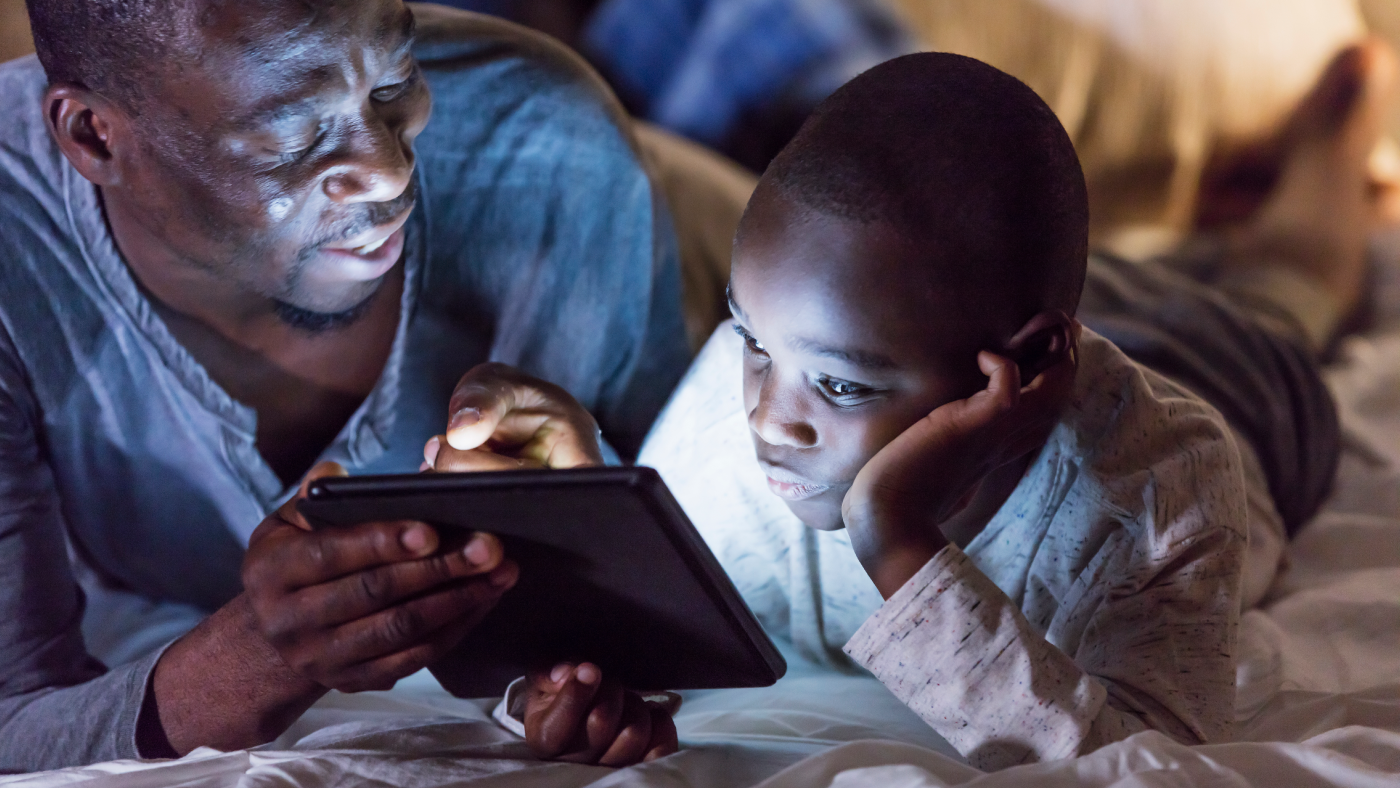The Internet at the End of the World
The internet at the end of the world.
The internet at the end of the world.
Growth in home broadband use and laptop purchases contributes to surge in use of computer networks among multi-computer households
More than 22 million American adults now own iPods or MP3 players.
Borking Goes Digital - The dredging up and spreading around of the negative information is now done by many people, and the internet footprints left by a target’s use of the medium has become a valuable source of evidence.
This presentation presents data through January 2005 on broadband adoption at home and discusses prospects for future growth
An overview of our findings about who's online and what they do on the Web.
Is the internet changing our perception of off-line activities?
Fifty-three million American adults, or 44% of internet users and one-quarter of all adults, now say they use online banking.
Palatable soundbytes in a P2P case are hard to come by...
When we ask, people tell us interesting, compelling, funny and poignant stories about the things that have happened to them online.

Roughly four-in-ten Americans have experienced online harassment. Growing shares face more severe online abuse such as sexual harassment or stalking.
Two-thirds of parents in the U.S. say parenting is harder today than it was 20 years ago, with many citing technologies, like social media or smartphones, as a reason.
From distractions to jealousy, how Americans navigate cellphones and social media in their romantic relationships.
Majorities of U.S. adults believe their personal data is less secure now, that data collection poses more risks than benefits, and that it is not possible to go through daily life without being tracked.


